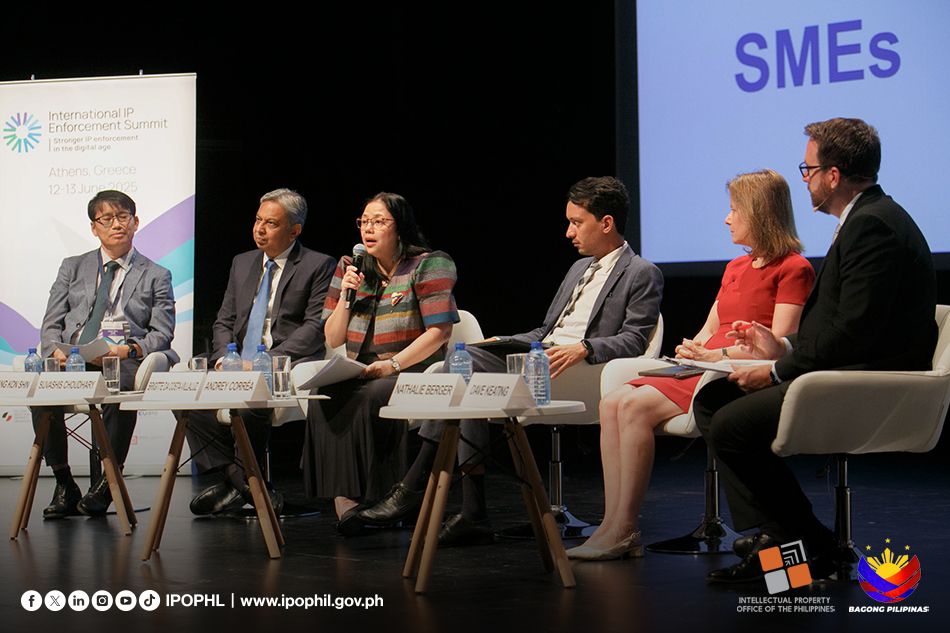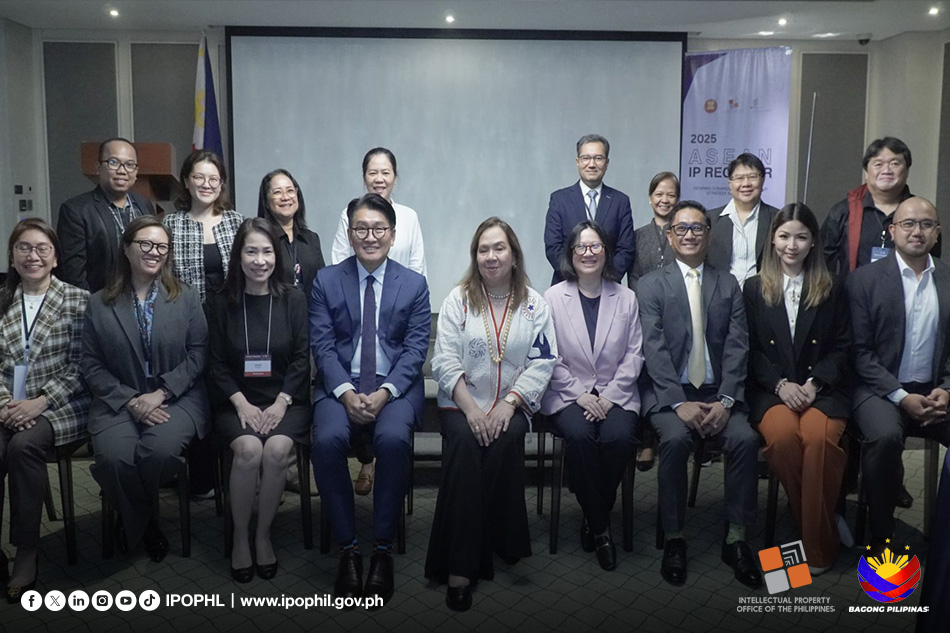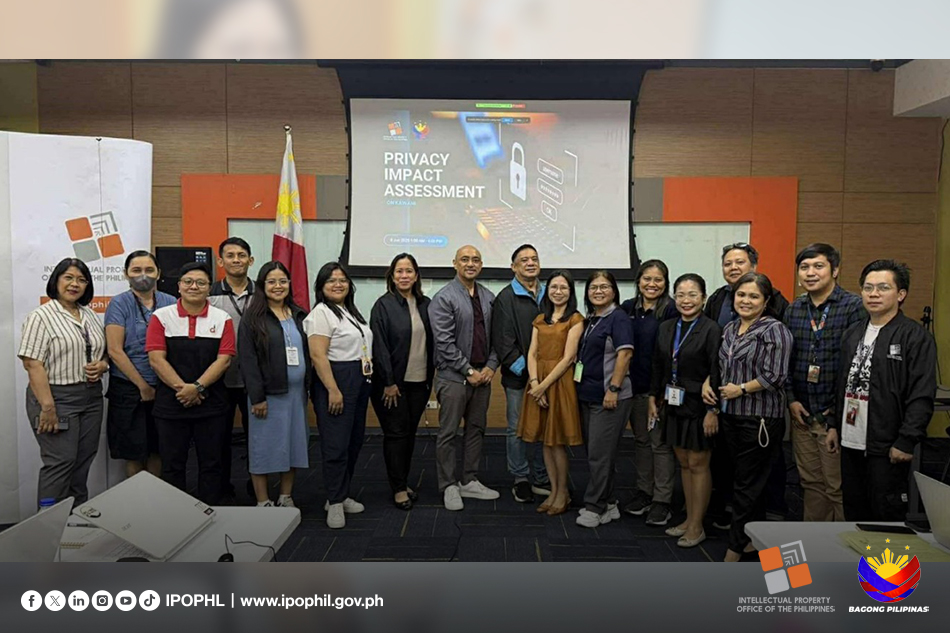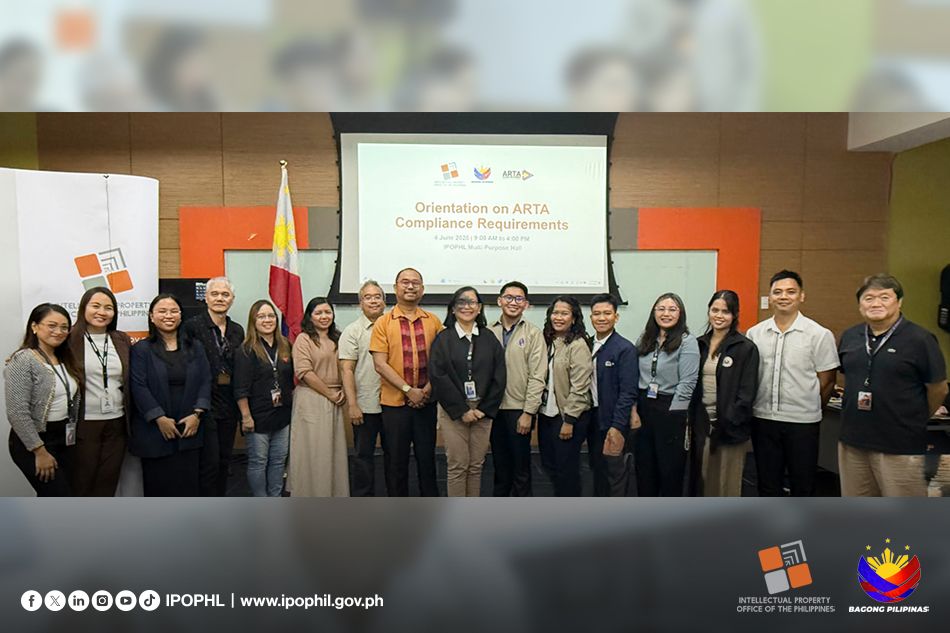
Trina Belamide “Shines” light on the rewards of valuing IP rights
July 8, 2021
Trina Belamide’s hit song “Shine” has been played far and wide in church choirs, singing contests and even in a 2000s commercial which launched it to fame. With a vibe of making those in love more deeply in love, the song recently shone anew with the rendition of award winning singer Morissette Amon to mark Shine’s 25th anniversary. As the song cuts across the decades, proving the timeless elegance of its lyrics and melody, Belamide reveals she never expected the masterpiece to touch as many lives as it does today.
Belamide wrote the song as an entry for the 1996 Metro Manila Pop Music Festival. In writing the song, Belamide immersed herself in ballad music, including a Barry Manilow song that set the overall mood she desired for her unwritten piece.
“I wanted to make sure the song was easy to remember. When I came up with ‘Shine... shine…,’ I knew I had a strong hook because of the simple melody and positive message,” Belamide said.
Flooded by a stream of creative ideas and words and melodies that seem to fit perfectly, she finished the song in a day and immediately scheduled for a demo with her arranger Arnold Buena, a seasoned composer himself, and renowned artist Ima Castro who sang the demo and the record for the label.
“I'm quite sure they liked it but I don't think any of us thought it would win or even make the finals,” Belamide said. The contest gathered a large number of music lovers who vied for the award of the year, but Shine successfully tugged at the hearts of the 40 judges of the music festival and bagged 2nd prize.
But it wasn’t this win that brought Shine to stardom. In fact, it wasn’t until nine years after this awards night that it would be heard on a more infectious medium: a television commercial.
“The song became a hit because of my friend Jhett Baroma who worked in advertising. He knew the song, believed in it, and saw how it could be used for the Skin White campaign. He pitched it to his boss, the boss liked the idea, and the rest is history,” Belamide recalled.
Passion turned profession with IP
Today, Shine is only one piece in Belamide’s rich portfolio of original song compositions, some of which have won in contests here and abroad.
Aside from Shine, she is also best known for the songs “Now That I Have You,” performed by The Company for its Six by 6 Album which won Album of the Year at the 1993 Awit Awards; “You’ve Made Me Stronger,” performed by Regine Velasquez-Alcasid; and “Tell the World of His Love,” the official theme song for the 1995 World Youth Day, a global Catholic event.
Belamide recounts that her love for music first sparked at the age of eight when she took on piano lessons. With supportive parents, she pursued music throughout her younger years, participating in music activities at school and in college joining the Ateneo Glee Club.
Now with over 30 years in the music industry, Belamide has over 16,100 followers on her Youtube channel, “The Trina Belamide Network,” where she shares her experience and strategies on how she has turned her passion of songwriting into a profession.
“Songs are assets. You write them once and you can profit from them for the rest of your life. Same with recordings. Any piece of intellectual property is an asset that one can monetize, especially in this digital age,” Belamide said.
While most artists focus on creativity-stimulating activities which are the most fun part in song-writing and also important for bringing in fresh and appealing content, artists, Belamide said, must also learn the “not-so-fun” business aspect of the industry if they are to monetize their works.
“It all starts with understanding your right as intellectual property rights owner and the business of music publishing,” Belamide said.
But understanding the complexity of the business and how it takes years of experience to know the industry fully, she advised artists to “at least understand the roles of key actors in the industry, what they do, and what options they have in terms of revenue sharing with them.”
Making active and passive income
While it might be tempting for songwriters and artists to wait for royalties as their primary source of income, she stressed the need to find a “more active income” such as performing at gigs –– live gigs, given the current pandemic situation –– and producing a song for a client for a certain event with the condition that they are not dissociated from their copyright over the produced work.
She explained that “it takes time to build a body of work that can give you significant passive income.”
“So I think the best thing for songwriters to do is to actively work on creating songs and recordings and at the same time set up systems to ensure that these works can bring income in the long run as well,” she continued.
In expanding internationally, she stressed the importance of learning how to monetize through digital streams such as social media and aggregators, which enables songwriters and artists to distribute their music on a global scale through digital services such as Apple Music and Spotify.
Aside from the income from her YouTube videos, Belamide also earns through Believe and CD Baby, digital music distributors that allow Belamide to have her music streamed, downloaded and monetized in several other ways.
Lack of IP knowledge robs artists
More importantly, having a good grasp of the business and knowing the full value of their rights will enable songwriters to have better leverage when negotiating with clients, artists, record labels and music users for a fair return over the use of their works.
This lack of knowledge on intellectual property rights, Belamide lamented, is enabling a passive attitude that is allowing the perpetration of greedy, one-sided record deals that are putting careers especially of new songwriters to an end even before they can begin.
“Time and again, I hear about songwriters, artists who fall victim to bad contracts and it’s because they do not know any better,” said Belamide who, through her YouTube channel, is educating songwriters and artists to fight this ugly culture in the industry.
She strongly advised artists never to sign contracts they don’t wholly understand, encouraging them to practice consulting lawyers or publishers they can trust.
Artists, she said, could also join collection management organizations or CMOs like the Filipino Society of Composers, Authors and Publishers, Inc. (FILSCAP) which provides one-stop-shop services for the legal and business needs of artists. As a member of FILSCAP, Belamide benefits from the CMO’s help in collecting performance royalties for her songs.
On enforcement, she also advised artists to be proactive.
She recalls the numerous take-down requests she lodged at YouTube when the platform was newer and still had no system in place for automatically monetizing user-generated content uploaded by other people.
“I reported some videos of instrumental versions of my work, which I felt were competing against recordings I was selling in my online store. YouTube took them down immediately, as it is a platform that has grown to be very conscious about intellectual property,” Belamide added.
If the songwriter could change a few things in the music industry, Belamide said it is this culture of exploitation. But as it would take a miracle to do so, she is creating a better norm through educating her followers of their rights.
“My wish is for every songwriter and artist to be fully aware of their rights and the value of their work so that they do not end up locked in for much longer than they thought or give up majority of the rights to their own songs, and therefore do not reap the financial benefits of their labor,” she said. ### (Janina Lim, Media Relations Officer)







